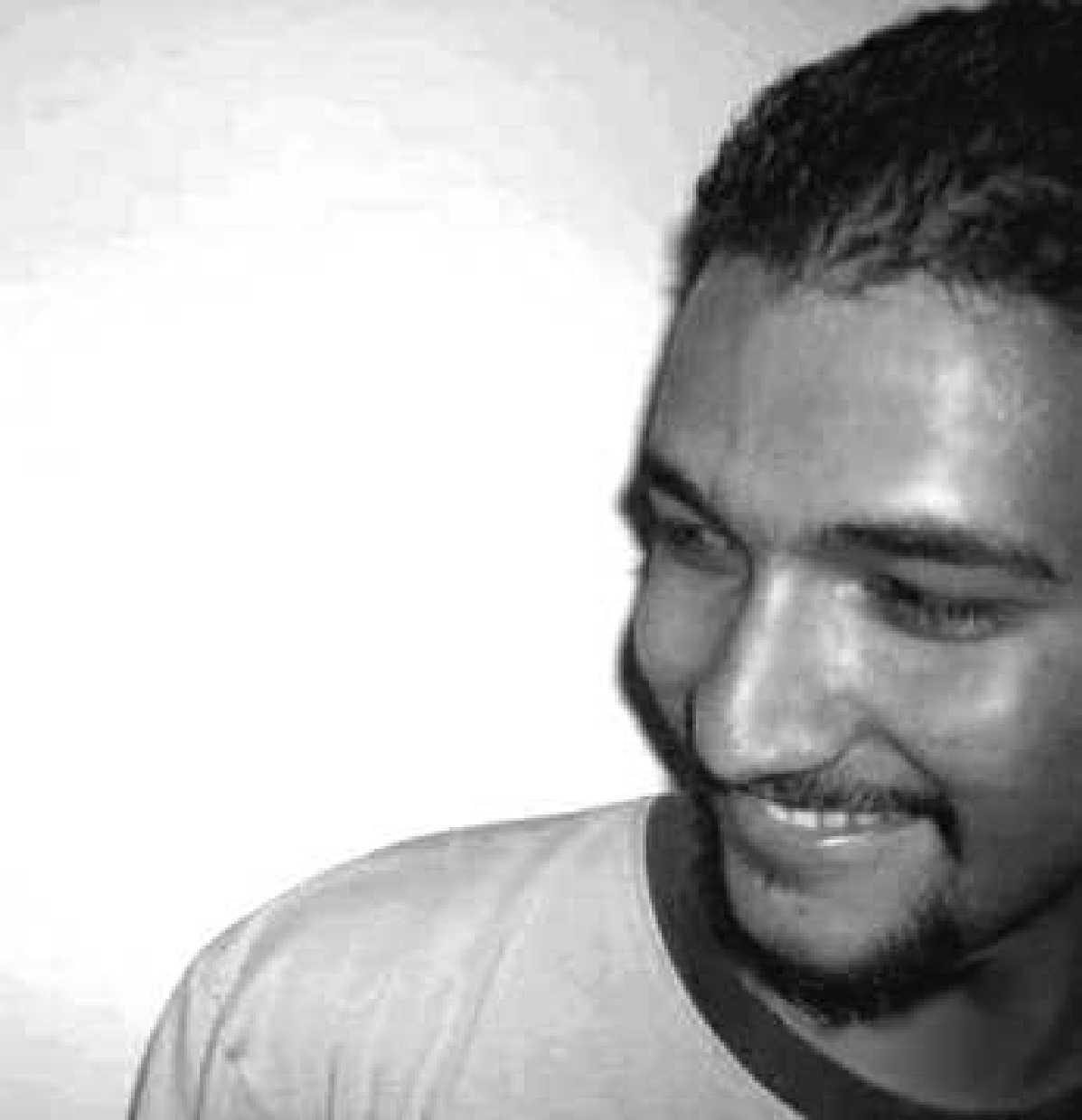
I for Individual
I love contradictions. They have an interesting symmetrical geometry,
like the one that appears between a photograph film and its negative.
Like all symmetries, a contradiction triggers an urge to end its duality
and give it unity.*
Let me talk about a contradiction, the way
I often do: do you think that people like it when a successful person
talks about his/her success? Yes? Are you sure? Now, I'll put the "modesty"
thing aside and tell you that the bus stops at the entrance of the Main
Campus were built about a month after I wrote a "Letter to the Editor"
asking why we didn't have them.** Now, doesn't that sound narcissistic
to you?
Most of us are raised with the idea that
it's virtuous to do good things, but that we should never talk about
them. Our parents have always told us to do good deeds secretly. This is
because otherwise, they wouldn't be done for the sake of goodness, they
would be done out of pride.
Now, take a look at what this doctrine has
created: we all feel that if we let others know about something good
we've done, they'll think that we're showing off. If you don't hide your
kind actions, they'll say you're arrogant. If you accept praise for your
abilities, they'll accuse you of being vain.
Everyone will tell you that they don't do
good things simply in order to be praised. This is the biggest lie ever.
We all really know that we would double our good deeds if TV programs
would honor us for our kindness or courage.
As long as we hide good things, they become
shameful. We never talk about the good things we do, as if they're sins.
What kind of a mentality forces us to do such a thing? What kind of a
person tries to create a universal law that expects everybody to hide
the truth?
It's not a hard question: two possibilities
come to mind. A person doesn't want others to talk about the things they
do either because he/she's jealous, or because he/she needs to hide what
he/she does. It wouldn't make sense to have good/courageous/clever
people prohibiting other good/courageous/clever people from talking
about their virtues.
Those who are virtuous enough to be modest
in spite of their great abilities are the ones who are already virtuous.
Their self-sacrifice lets others escape from the truth.*** As long as
such individuals hide themselves and become part of the ordinary crowd
in the name of virtue, we won't see many individual efforts to create
small changes. This is because good, courageous and clever people need
appreciation, just like everyone else. We need to let people know that
if they do or create something positive, they will be appreciated.
As long as the need for change grows
greater every day, and we continue to hinder vital individual sources of
small changes, people will continue to prefer large-scale, violent
actions to these small individual reforms. If you teach people that the
individual is worthless without society, you cannot expect people to
change themselves before they try to change others.
* An idea previously stated by Jean
Baudrillard
** Bilkent News, 7 Feb. 2006,
*** Basically the gist of the "Atlas Shrugged" trilogy by Ayn Rand
İsmail O. Postalcıoğlu (POLS/III)
ismail_orhan@yahoo.com
 |







